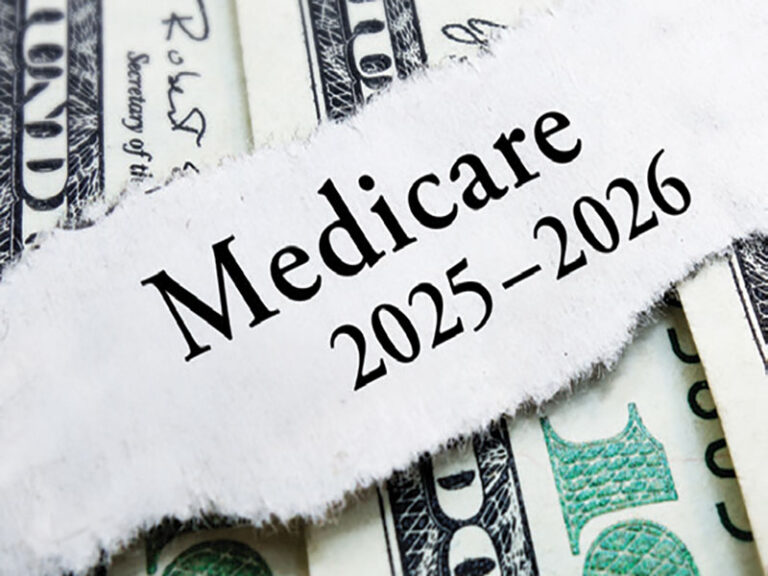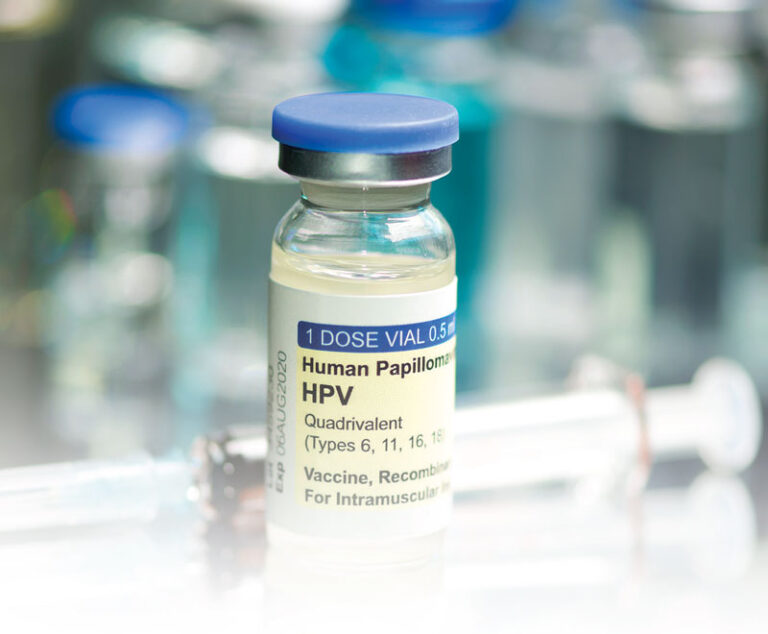Industry Insight
Information, Observation & Analysis
WHAT’S PROPOSED for the 2026 payment year for Medicare Parts A and B? And, what other issues will impact the rest of 2025 and extending into 2026?
While traditional vaccines teach the immune system to fight off foreign invaders, inverse vaccines teach the immune system to ignore its own cells — and may completely reverse autoimmune disease.
Shortages and recent spikes in egg prices have boosted public awareness that a “bird flu” is devastating domestic poultry flocks across the country. Since its arrival in the U.S. in January 2022, more than 166 million farmed poultry animals have been sacrificed in an attempt to control the spread of H5N1, a highly pathogenic avian influenza A (HPAI) featuring H5 hemagglutinin and N1 neuraminidase surface proteins (H5N1).
Rheumatoid arthritis is a chronic autoimmune disorder that primary affects the joints, but can also impact other bodily systems. Early diagnosis is key, and effective management of RA often involves a combination of medication, physical therapy and lifestyle modifications to alleviate symptoms and improve quality of life.
The incidence and prevalence of STIs remain high, and the serious health consequences of contracting one make prevention a national imperative.
Once eradicated in the U.S., measles is now on the rise due to a growing mistrust of public health guidance, but it is highly preventable with vaccination.
Protecting Americans against severe disease significantly reduces their chances of getting seriously sick while traveling abroad.
When it comes to online health information, the Internet is a place where falsehoods flourish. Combating questionable content is no easy task, requiring education, legislation and diligence from stakeholders in the healthcare, scientific and public health communities.
Your words, tone and body language can escalate patient fears, but they also have the power to ease anxiety and help patients cope.
Misconceptions about GLP-1 drugs could interfere with patients' efforts to achieve their weight-loss goals.
Since the approval of BabyBIG, the only treatment for this rare but life-threatening disease affecting infants mostly under 6 months, the mortality rate is now less than 15 percent.
Though mostly eradicated in the U.S., treatment for rabies must begin immediately with hyperimmune globulin and vaccines.












